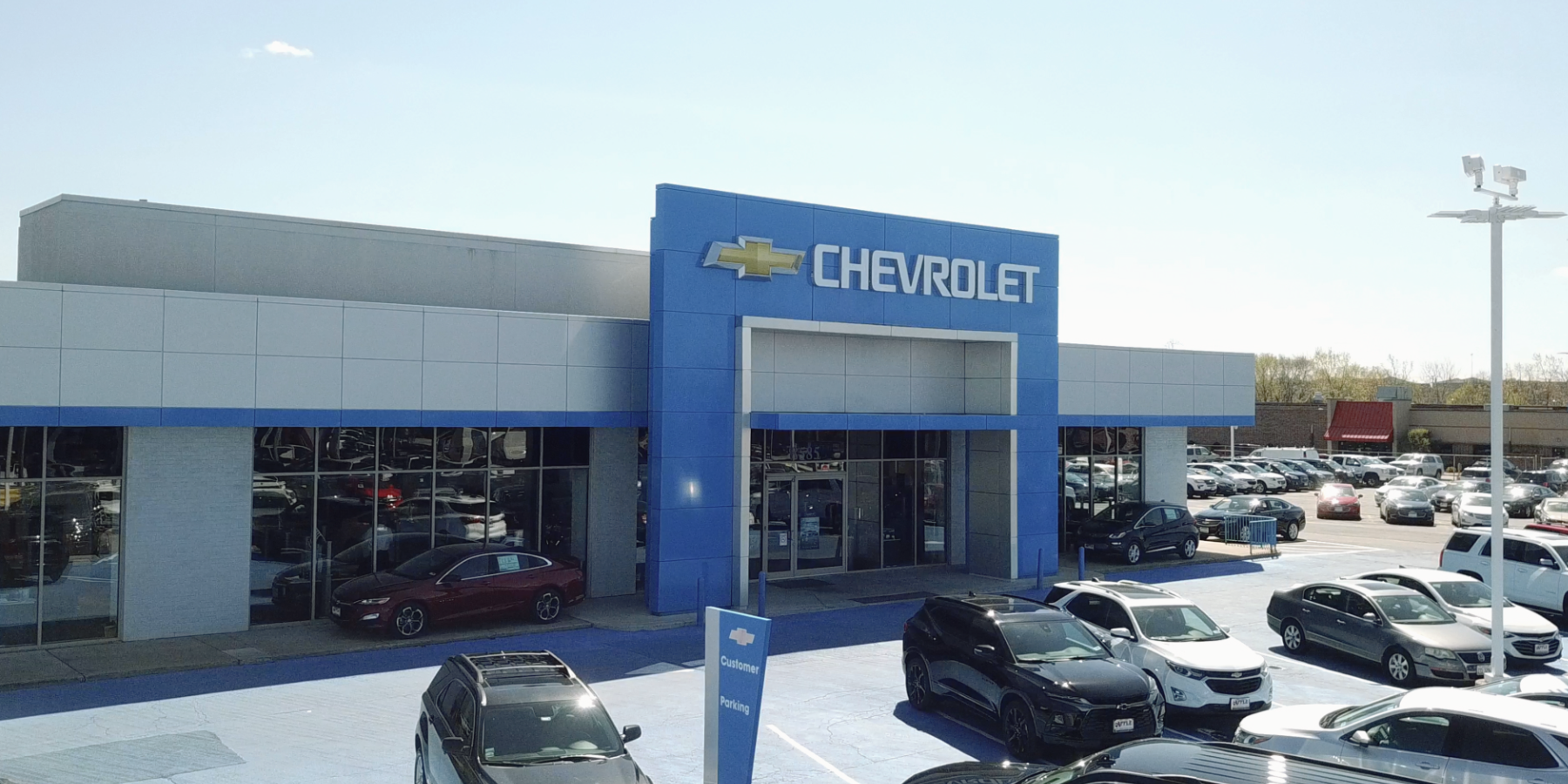Toyota concerned flex-fuel mandates could cost it $600M yearly
David Shepardson
Washington Bureau
Detroit News
Washington — Toyota Motor Corp. executives worried last summer about what it perceived as an emerging uneven playing field in the United States, and said new fuel requirements could cost it up to $600 million annually.
The concerns were included in the release by the House Oversight and Government Reform Committee of what appears to be the complete, 28-page version of a now infamous memo prepared for the company’s new North American president Yoshi Inaba in July 2009 — on his second day on the job.
Other parts of that presentation became public earlier this week, and revealed the automaker as bragging about its success in avoiding or delaying costly regulatory actions, including widespread safety recalls.
The newly released pages reveal the depth of Toyota’s concern over flexible-fuel vehicle mandates. Flexible-fuel vehicles can run on traditional fuel blends or E85, which is made of 85 percent ethanol and 15 percent gasoline.
Toyota said flex-fuel mandates could cost the company $200 to $300 per vehicle — or $400 million to $600 million annually.
The presentation featured a photograph of President Barack Obama and included a quote from his campaign literature:
“Barack Obama and Joe Biden will work with Congress and auto companies to ensure that all new vehicles have FFV capability.”
The presentation noted that Toyota had avoided the requirements so far.
One recommendation
made by Toyota’s Washington office, to accelerate decision-making in the United States, appeared to go unheeded. The National Highway Traffic Safety Administration was critical of the inability of Toyota officials in the United States to make decisions, saying it often took too long to get decisions from Japan on recalls and other issues.
The Toyota internal presentation urged establishment of a “small senior exec. group in U.S. to make timely decisions,” and initiate action on legislative and regulatory issues. It also noted the benefit of having engineers in Washington.
“Many issues require immediate (or near immediate) response,” the presentation said. “Provide quick response based on daily communication with (Toyota in Japan) and … to educate lawmakers to have reasonable legislation and regulation.”
Toyota said this week it is adding more engineers in the United States and at least three new engineering centers.
Other newly revealed parts of the internal presentation explain the company’s concerns about the $85 billion auto industry bailout.
“Government $ for GM/Chrysler,” the presentation read. “Not a level playing field.”
The presentation said there were “adverse implications” for Toyota of government support for bankrupt GM and Chrysler.
Ironically, Japan is considered one of the world’s most closed markets for non-Japanese automakers.
The presentation noted that Ford Motor Co, Tesla Motors Inc. and Nissan Motor Co had received $7 billion in Energy Department retooling loans.
Toyota executives also were worried about “Buy American” attitudes being “on the rise,” as well as import taxes, border tariffs and support for auto suppliers.
The company fretted over the impact of new consumer financial regulation on its lending arm, Toyota Motor Credit.
dshepardson@detnews.com (202) 662-8735
[NOTE] Chevrolet flex-fuel vehicles include the Chevy Avalanche, Express, HHR, Impala, Suburban, Silverado and Tahoe.

